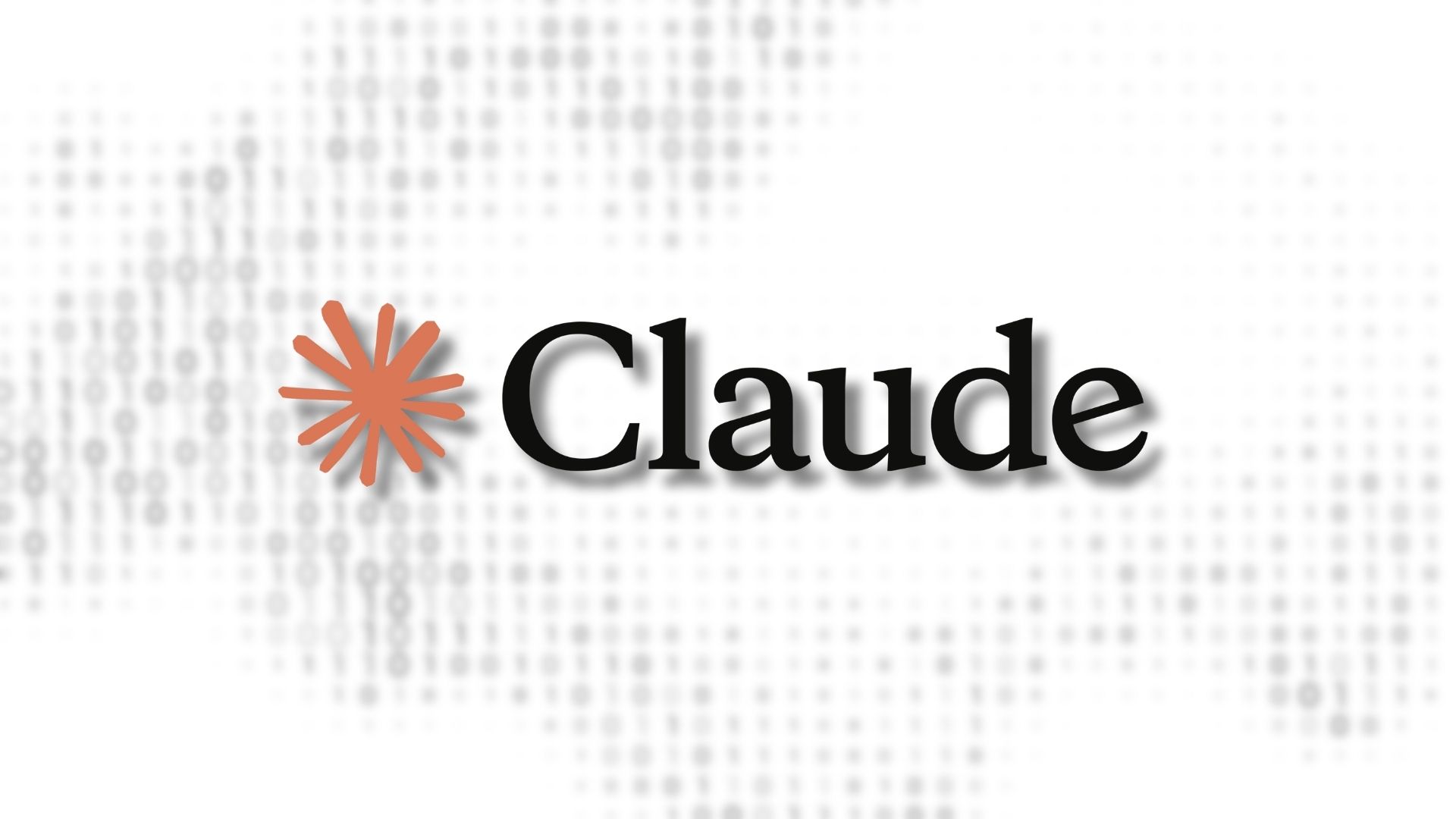Albania has lifted its temporary ban on TikTok after nearly a year, the government announced, saying that concerns about public, social and digital safety have now been addressed and that access will resume nationwide.
The restriction was introduced in March 2025 following a fatal stabbing linked to a social media dispute and aimed to protect younger users instead of exposing them to harmful online content.
Under the new arrangement, authorities are partnering with TikTok to introduce protective filters based on keywords and content controls and to strengthen reporting mechanisms for harmful material.
The government described the decision as a shift from restrictive measures to a phase of active monitoring, inter-institutional cooperation, and shared responsibility with digital platforms.
Although the ban has now been lifted, a court challenge contends that the earlier suspension violated the constitutional right to freedom of expression, and a ruling is expected later in February. Opposition figures also criticised the original ban when it was applied ahead of parliamentary elections.
Despite the formal ban, TikTok remained accessible to many users in Albania through virtual private networks during the year it was in force, highlighting the challenge of enforcing such blocks in practice.
Critics have also noted that addressing the impact on youth may require broader digital education and safety measures.
Would you like to learn more about AI, tech and digital diplomacy? If so, ask our Diplo chatbot!










